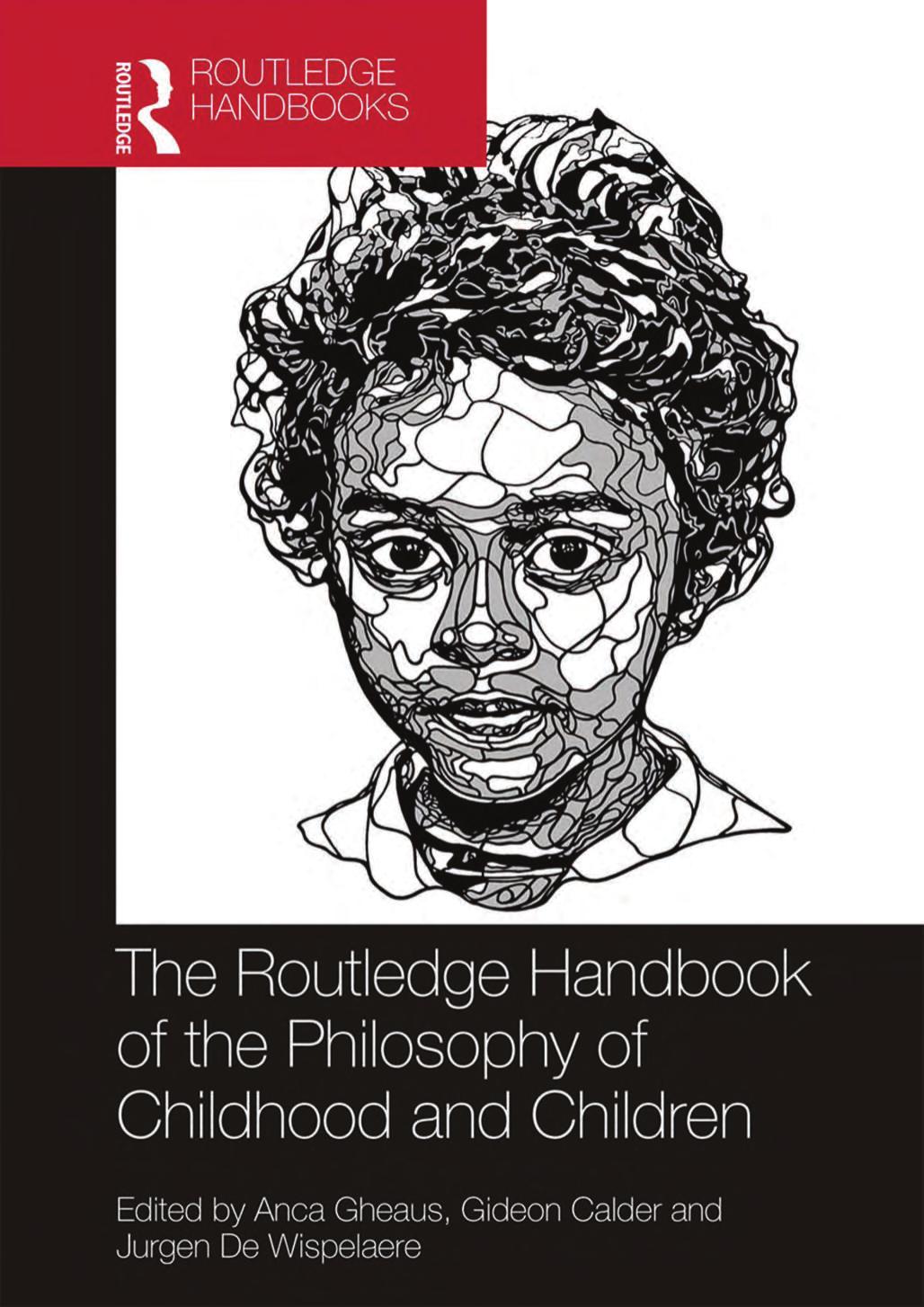The Routledge Handbook of the Philosophy of Childhood and Children by Anca Gheaus Gideon Calder Jurgen De Wispelaere

Author:Anca Gheaus,Gideon Calder,Jurgen De Wispelaere [Gheaus Anca, Calder Gideon and De Wispelaere Jurgen]
Language: eng
Format: epub, pdf
Publisher: Taylor & Francis (CAM)
Published: 2018-06-28T07:10:00+00:00
The claim from adoption
A sizeable part of the recent philosophical literature aims to advance the claim from adoption, which in one variant reads as follows: âresources used to create and care for new children in developed countries ought instead to be devoted to the adoption and care of existing, and often destitute, childrenâ (Petersen 2002: 353â54). Narrowly conceived, the claim from adoption only applies to those prospective parents with sub-par infertility considering ART to produce a biological child, while a wide (and philosophically more interesting) version applies to every prospective parent interested in procreating a child.3
The literature offers both positive and negative justifications for the claim from adoption. Negative justifications include the anti-natalist view that procreating is not permitted when bringing a child into the world constitutes harming that child. Most prominently, David Benatar (2006) argues that the pain associated with existence always outweighs the absence of pleasure of non-existence, and that procreation should, therefore, be resisted. A different negative justification for the claim from adoption holds that procreation implies additional strain on scarce environmental resources, whereas adoption appears neutral in this regard (Young 2001). In both cases, the negative justification focuses on the bad of procreation and the capacity of adoption to offer a solution when pitching anti-natalism against the strong desire of many people to become parents. However, upon reflection, the negative justification for the claim from adoption appears too weak, especially when broadened beyond those who are reliant on ART to procreate (Rivera-López 2006). On the one hand, the numbers donât quite add up: robust anti-natalists such as Benatar would rapidly run out of prospective adoptees to satisfy the very widespread desire to be or become a parent â there are simply not enough prospective adoptees to satisfy the demand. On the other hand, the environmental argument also runs into trouble in trying to accommodate the fact that relocating a prospective adoptee from a low-income country to a high-income country would entail precisely the sort of additional pressure on our scarce environmental resources the argument sets out to avoid.
The claim from adoption may be better served by an argument that emphasises the positive ethical value of prioritising adoption over procreation. Recent advocates have started to explore the analogy between adoption and standard rescue cases (Friedrich 2013; Rulli 2014a, 2016). In a nutshell, prospective adoptees have a strong interest in growing up in a stable family as opposed to a care institution or a series of foster families.4 It is commonly accepted (although certainly not true in all cases) that stable family units are comparatively better suited at providing children with physical security and well-being, emotional care and love, and the sort of long-term commitment to the childâs developmental and well-being needs that comes with being its parent. Cue the prospective parent who is able to provide the child with a stable home and parental environment.
Tina Rulli (2014a) and Daniel Friedrich (2013) are adamant that adoption allows for the rescuing of âchildren in waitingâ at minimal cost to the adopting parent(s), commonly taken as a critical condition in rescue cases.
Download
The Routledge Handbook of the Philosophy of Childhood and Children by Anca Gheaus Gideon Calder Jurgen De Wispelaere.pdf
This site does not store any files on its server. We only index and link to content provided by other sites. Please contact the content providers to delete copyright contents if any and email us, we'll remove relevant links or contents immediately.
| Anthropology | Archaeology |
| Philosophy | Politics & Government |
| Social Sciences | Sociology |
| Women's Studies |
The remains of the day by Kazuo Ishiguro(7551)
Tools of Titans by Timothy Ferriss(6946)
The Black Swan by Nassim Nicholas Taleb(6190)
Inner Engineering: A Yogi's Guide to Joy by Sadhguru(5895)
Giovanni's Room by James Baldwin(5877)
The Way of Zen by Alan W. Watts(5798)
The Six Wives Of Henry VIII (WOMEN IN HISTORY) by Fraser Antonia(4790)
The Power of Now: A Guide to Spiritual Enlightenment by Eckhart Tolle(4755)
Astrophysics for People in a Hurry by Neil DeGrasse Tyson(4620)
Asking the Right Questions: A Guide to Critical Thinking by M. Neil Browne & Stuart M. Keeley(4574)
12 Rules for Life by Jordan B. Peterson(3734)
The Ethical Slut by Janet W. Hardy(3502)
Skin in the Game by Nassim Nicholas Taleb(3460)
Housekeeping by Marilynne Robinson(3401)
The Art of Happiness by The Dalai Lama(3382)
Double Down (Diary of a Wimpy Kid Book 11) by Jeff Kinney(3272)
Skin in the Game: Hidden Asymmetries in Daily Life by Nassim Nicholas Taleb(3264)
Walking by Henry David Thoreau(3234)
12 Rules for Life: An Antidote to Chaos by Jordan B. Peterson(3200)
